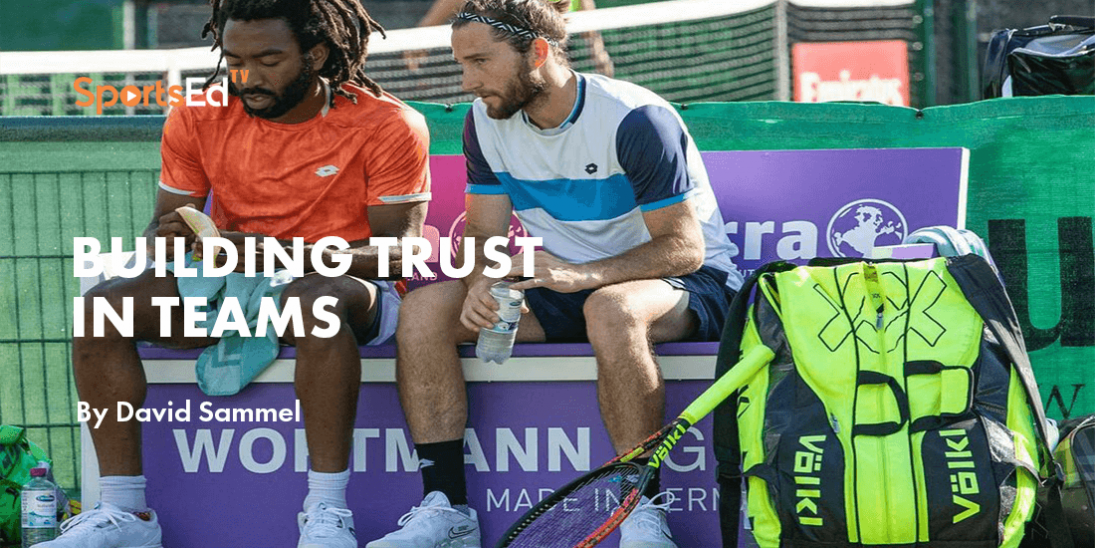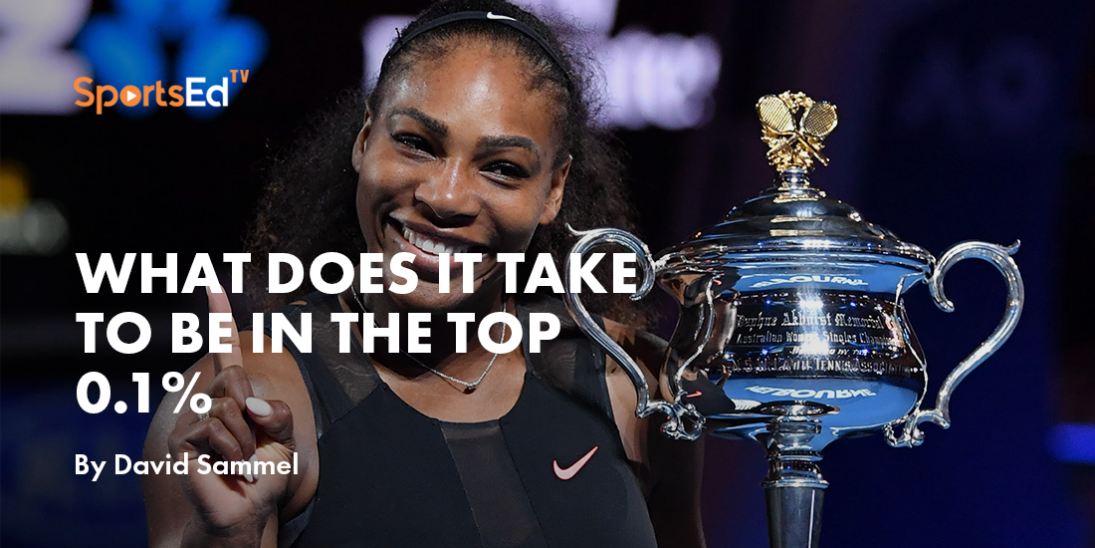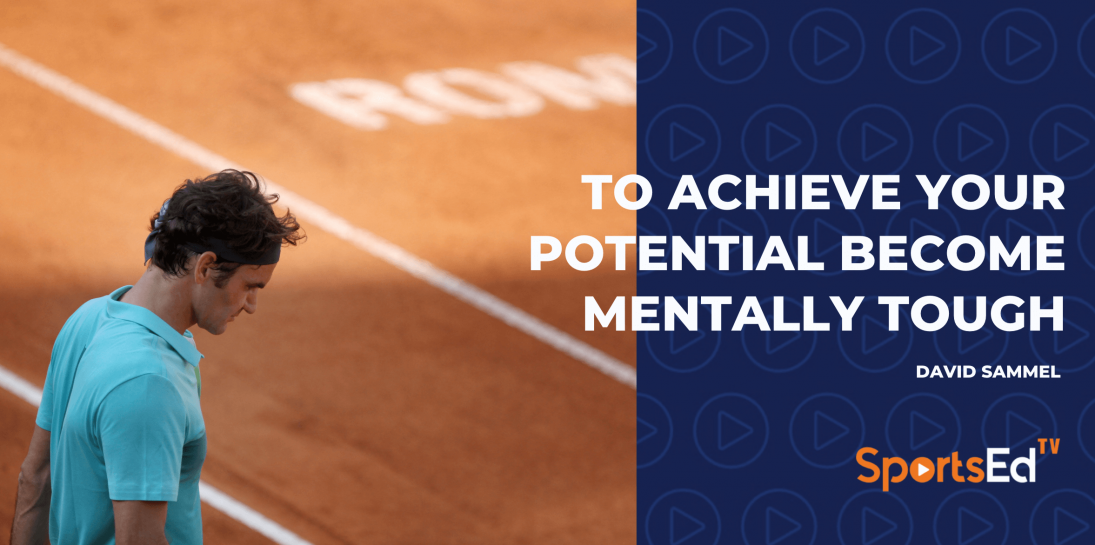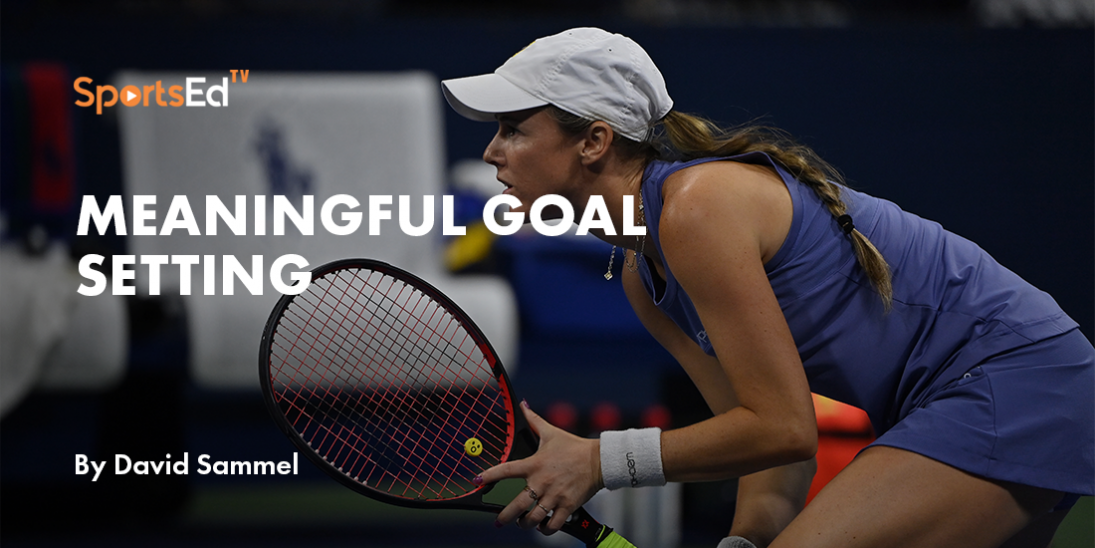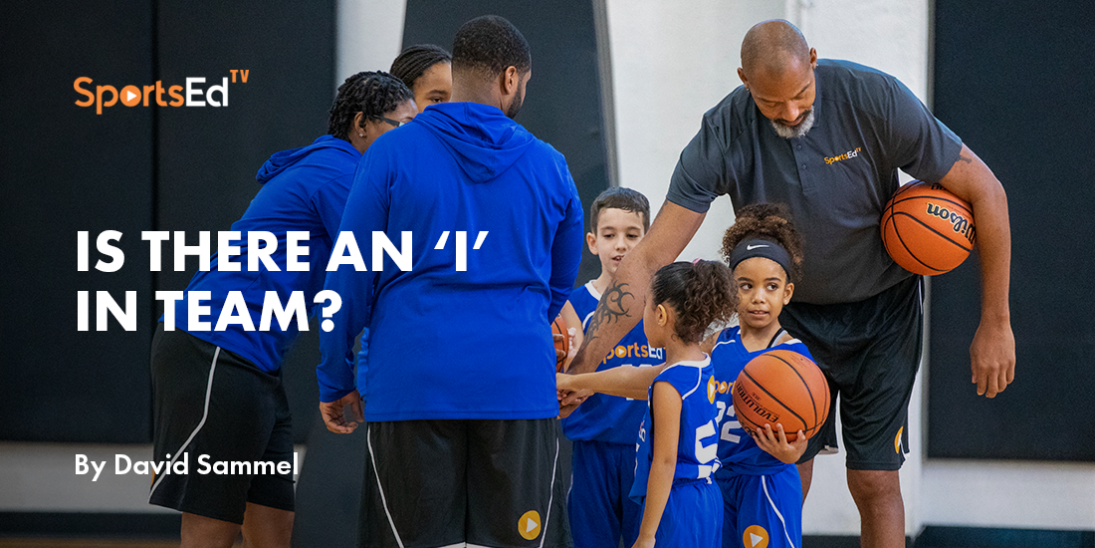Tennis
Welcome and thanks for visiting...

After Generations of Heroics, Has Technology Become a Sports Culprit?
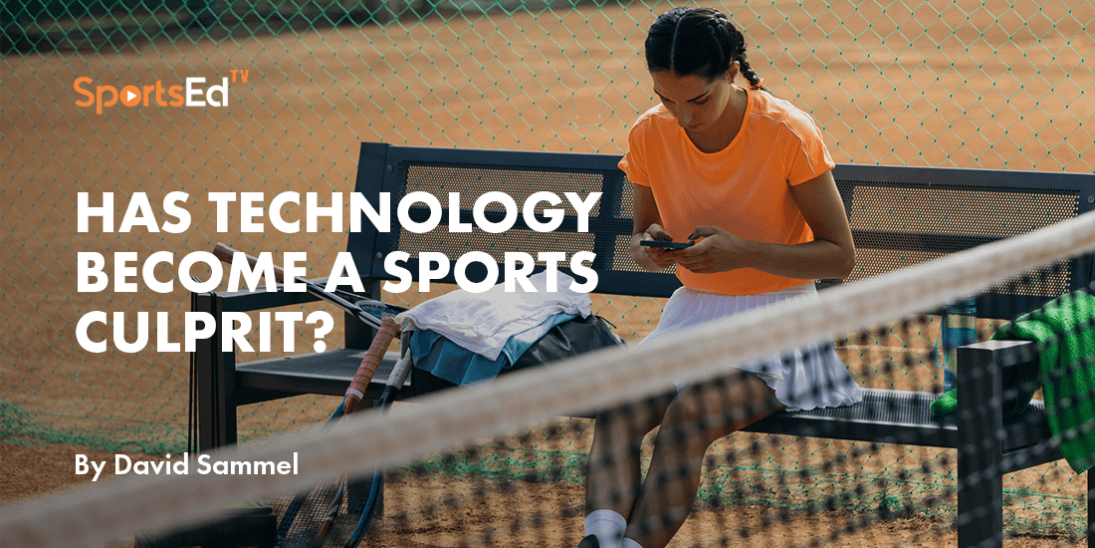
Athletic prowess is defined by an ability to focus and engage fully. Studies now show that the incessant scrolling and multi-tasking on devices have a direct negative influence on the focus required to excel.
When professor Cal Newport Georgetown University computer science author wrote in his Deep Work book, he called the ability to concentrate on a demanding without being distracted true deep work.
Though social media is not my cup of tea, I find myself wondering where I've been for half an hour after getting lost in a news or sports internet platform and notice that time sensitivity is distorted. My focus and memory seem out of line too, especially after long periods on my phone.
I am convinced that the quality of my efforts can temporarily get affected when I’m sidetracked by answering emails and messages.
Switching from one task to another is sure to disintegrate focus. As identified by self-help Author Tim Ferris, when the brain loses its train of thought it needs several minutes to return to the original task and sometimes recovery is lost.
I’ve observed Roger Federer, Novak Djokovic, Rafa Nadal, Andy Murray, and Juan Martin del Potro in the locker room and around the courts. In my view, there is no doubt that, to varying degrees, they spend much less time on their phones than many of the younger generations of players. Might there be a link here with the fact that, over five sets, the current champions continue to have an edge?
Are these great players so much better than their younger rivals that they have created a larger gap than their counterparts did in the past? In the men's game, we are still waiting for the day when there is a true changing of the guard when these younger players stake their claims to be the very best in the world.
It is true that we are living in an exceptional era, dominated by three of the all-time great players, but has their task been made slightly easier by the lack of fully focused challengers?
To my mind, athletes who can focus for long periods have a leg up on success at the highest level. So, are the young athletes I see scrolling and trolling in the locker rooms creating a longer road to regular visits to the winner's table?
Pertinent questions to ask:
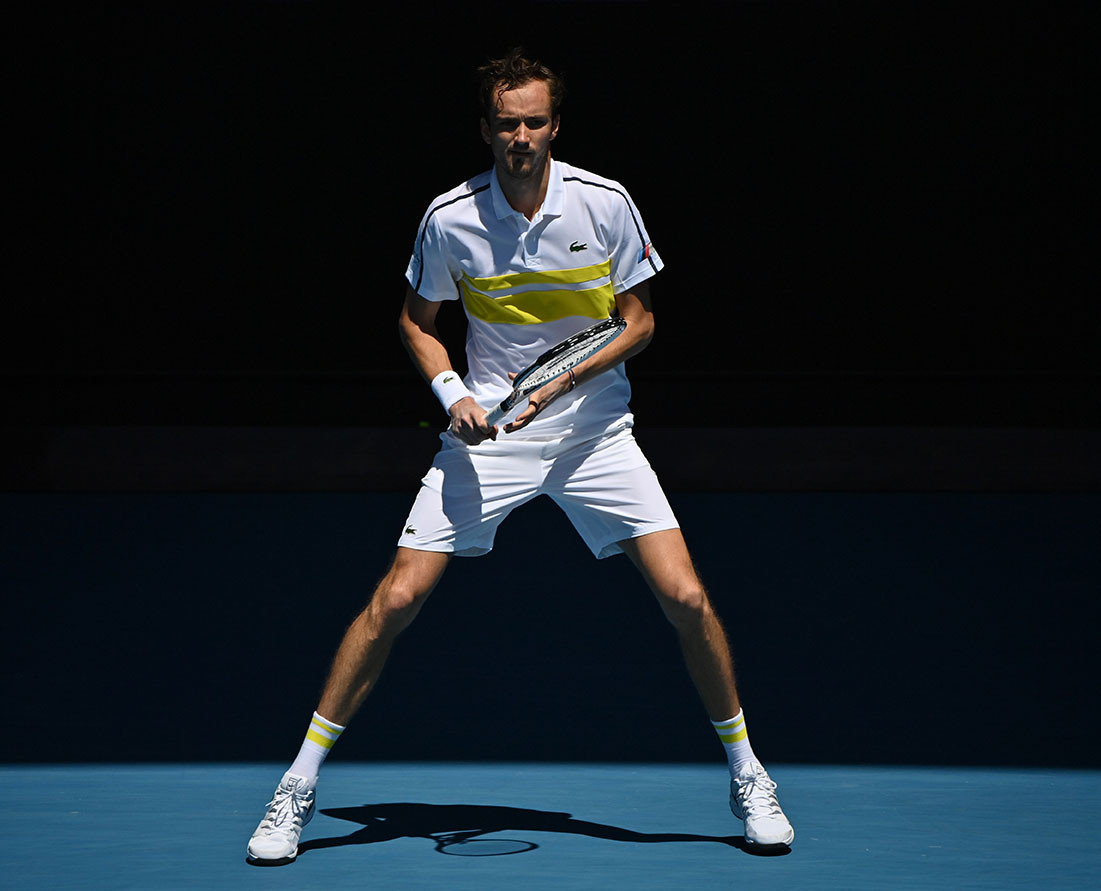
Do the hours spent engaged in scrolling from one app to another affect the quality of mental engagement during training, in the gym, or on the court?
Is focus affected when during rest periods when the work is broken up by mobile distractions? Are brain absorption and imprinting of athletic work affected when focus is poor?
_______________
Danill Medvedev
Arnold Schwarzenegger used to say that he did not need to meditate because when he was lifting weights he would be immersed in his work. He would imagine his muscle fibers breaking down and rebuilding and would be completely engaged in being precise about everything he was doing, including his breathing. That was his meditation. Total immersion, total focus.
This is what I see more often in the likes of Nadal, Federer, and Djokovic than I do in younger players. I'm not the only older coach who suspects that technology, as wonderful as it is, can also be a problem.
My intuition tells me I am not the only older coach who thinks this way. When I see the studies and translate that to what I know, there is a good case for describing technology as a culprit when it comes to obsessive use.
Yes, we who intuit in that direction are making generalizations, but the margins for championship-level success are so minute that even a tiny loss of edge can make the difference. At my academy and on tour there's a growing acceptance of ubiquitous technology use often I suspect to the detriment of the deep work Professor Newport describes.
I went off social media for a month and suspended my accounts. Not one person noticed, not even my family. Since then I have used social media sparingly. The next step will be to have more periods in the day when I do not check my phone.
I understand that sponsors and fans need to have engagement. It is up to the players and their agents how this is fulfilled, but if the best in the world are disciplined at it then everyone else can do the same. No players have as big a demand on their time as the top men and women.
Technology has improved sports in countless ways. Sports equipment, analysis, conditioning, and performance have all been improved by technology.
I can’t help wondering though if now this technology might be athletically regressive?
David Sammel is an ATP Tour coach including three Olympians, Barry Cowan (Sydney 2000) with Liam Broady and Marcus Daniell involved in Tokyo 2021 where Marcus made history with Mike Venus, winning bronze, New Zealand’s first ever tennis medal. He is a consultant for the Bath Academy, founder of Mindset College online, and author of the best-selling book, Locker Room Power, available worldwide in paperback, audiobook, and digitally on Amazon.
Website: https://davidsammel.com/mindset-college/

